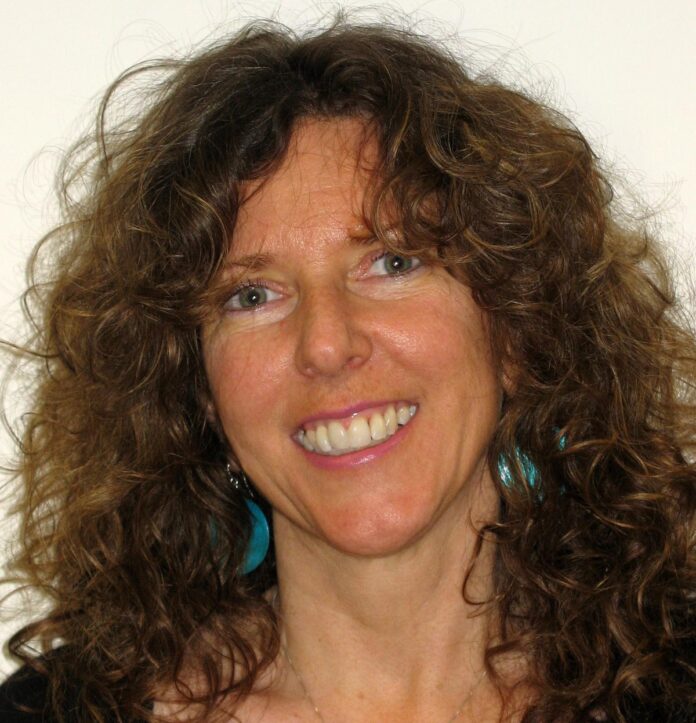By Karen Dolan
It’s been a difficult few years for poor people in this country.
Just a year after the pandemic era safety net expansion saw poverty fall to its lowest level on record, we saw a historic 60 percent increase as those programs expired.
Women and children have been among the hardest hit. In 2022, the last year we have data for, at least 32 million women and children were living in poverty.
Despite that hardship, I feel some hope.
That’s because I’ve spent the last few years working with poor and low-income people — mostly single moms — impacted by systemic poverty. Through helping them tell their stories, I’ve learned that they’re some of the strongest — and most resilient — members of our society.
Take Amy Adams from rural Kentucky.
She has two associate degrees. Yet with a dearth of childcare options, no public transit, and wages too low to afford even a second bedroom, her daily challenges are astounding. She walks to and from work late at night, depends on family for childcare, and somehow fits her family of four into a small one bedroom apartment.
Despite these challenges, Amy still gives her time as a member of a non-profit advocacy board to help other struggling mothers fight for policies that will improve their lives.
Or Joyce Kendrick. Joyce grew up in a middle-income family but suffered abuse as a child that led to lifelong physical and mental health challenges. The increase in food benefits and cash assistance during the pandemic briefly lifted her out of poverty. But when Congress failed to renew those critical supports, she fell right back in.
Yet even as she struggles to make ends meet, Joyce co-leads an Ohio chapter of the Poor People’s Campaign, a national coalition of poor and low-income people working together for more just policies.
Growing up poor and escaping an abusive partner later in life, Trish Brown has benefited from safety net support not only to take care of her family, but also her community. She volunteers as a coordinating committee member of the Poor People’s Campaign in Florida and gives back as the founder and director of Power Up People in Tallahassee.
Wisconsin mom Kali Daugherty’s family was transformed by the expanded Child Tax Credit included in the American Rescue Plan, which cut child poverty by half nationally. With that help, she was able to return to school, get her child new clothes, and take her to a water park for the first time. When Congress let that expansion expire and these advances for families were reversed, Kali advocated for their return as a RESULTS expert on poverty.
Kazmyn Ramos, another RESULTS expert on poverty in Indiana, learned through generational poverty how key housing is to well-being. Believing that “housing should be seen as a human right and a community builder, not a wealth builder,” she founded the affordable housing non-profit Seeking 1610.
My organization, the Institute for Policy Studies, partnered with the Poor People’s Campaign to study the increase in suffering since the expiration of the pandemic era supports that helped these women keep their families’ heads above water.
Alongside increases in poverty, we found increases in food and housing insecurity, the loss of critical health care, and declines in life expectancy — even as billionaire wealth nationally grew by $2 billion a day between 2020 and 2022. It’s clearer than ever that poverty is a policy choice.
But that means we can choose differently. Amy, Joyce, Trish, Kali, and Kazmyn are just a few of the millions of poor and low-income women leading the way against these systemic policy failures that impact all of us. We need to join them and demand our nation make the investments to end structural poverty.
We know what works. Collectively, we have a voice powerful enough to make it happen.
Karen Dolan directs the Criminalization of Race and Poverty Project at the Institute for Policy Studies. This column appears courtesy Oterwords.org.













